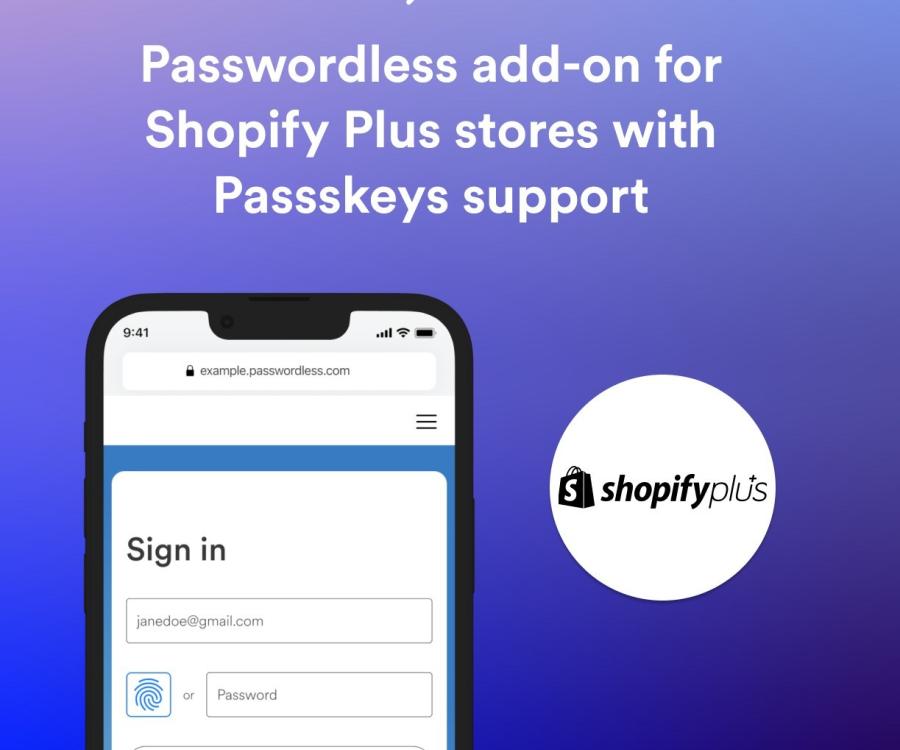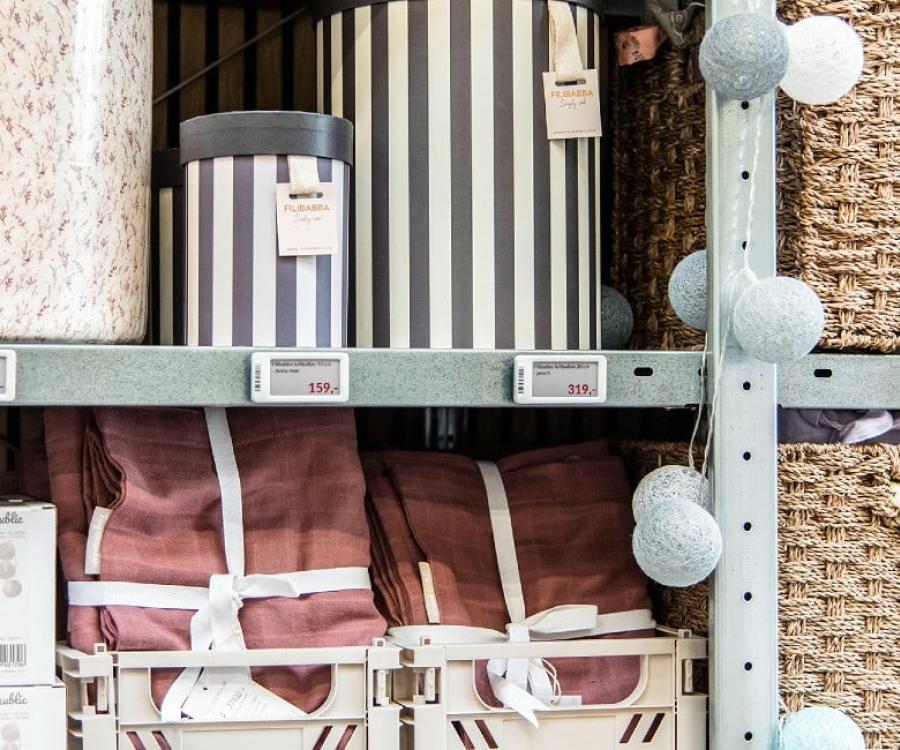What if something would allow manufacturers, retailers and customers to verify at any time that a product on the shelf is authentic?
Counterfeit products often look deceptively like the real deal, but the quality is inferior to the original goods and brands. If counterfeit consumer goods enter the market, it could destroy brand reputation, negatively affect consumer confidence or even result in claims and damages against manufacturers.
In the medical and pharmaceutical industry counterfeit products can put health or even lives at risk. That’s why manufacturers of all industries frequently rely on elaborate product or packaging characteristics to prove product authenticity. And although these features tend to be difficult to duplicate, there are still no absolute counterfeit-proof characteristics at this point.
Bonafi wants to help and change this. The company from Los Angeles strives to integrate all supply chain participants in the product authentication process by recording every single step: “Our mission here at Bonafi is to utilize blockchain technology as a solution to fight counterfeit goods. We want to authenticate the production process from the moment a product leaves the manufacturer to the moment it ends in the hand of the consumer,” says Steve Kuh, CEO and founder of Bonafi.
In simple terms, blockchain is a chain of smaller datasets, so-called hashes, which are linked together and decentrally stored in the cloud. Subsequent hashes are validated by the accuracy of previous hashes. Each participant adds a new dataset to the chain but no longer changes prior datasets. The sequence of accurate datasets thus validates the transaction chain, making later manipulations impossible.

Using an app, NFC and the cloud – here is how it works
Manufacturers, logistics companies, wholesalers, retailers and (end) consumers are participating in the retail blockchain technology Bonafi uses to fight counterfeit goods. They can utilize the company’s cloud service, app, and Crypto-Tag, which is embedded within the product by the manufacturer:
“This is a digital tag, using NFC, Near Field Communication. You use a smartphone application, place the phone on a tag to scan it, and share that information on a network of nodes in the cloud,“ explains Kuh.
The respective information, which could document incoming and outgoing shipments, as well as serial numbers and product descriptions are stored both independently in the cloud and on the Crypto-Tag. Any subsequent supply chain participant is able to check the information via smartphone and verify whether the product is genuine or counterfeit - if the authorized manufacturer information is missing and the blockchain starts with information about the importing company for example. After all, the chain cannot be changed retroactively. It can only be started by a legitimate or illegitimate source.
Benefits to retailers
There are obvious benefits to retailers: They can protect themselves from purchasing counterfeit goods, while simultaneously avoiding legal ramifications that can result from the sale of counterfeit goods by mistake. It also builds trust with customers who can verify if the product is genuine right before they buy it.
To use the Bonafi app, customers need to have BONA tokens, the company’s in-app currency that they can purchase. The tokens are used to verify the authenticity of a product. According to Bonafi's plans, the verification of higher-priced products could also cost more tokens. No tokens are used if customers scan a fake item. The system also plans to allow retailers to encourage and reward customers with extra BONA tokens when they register a product on the app or submit a product review for example.










